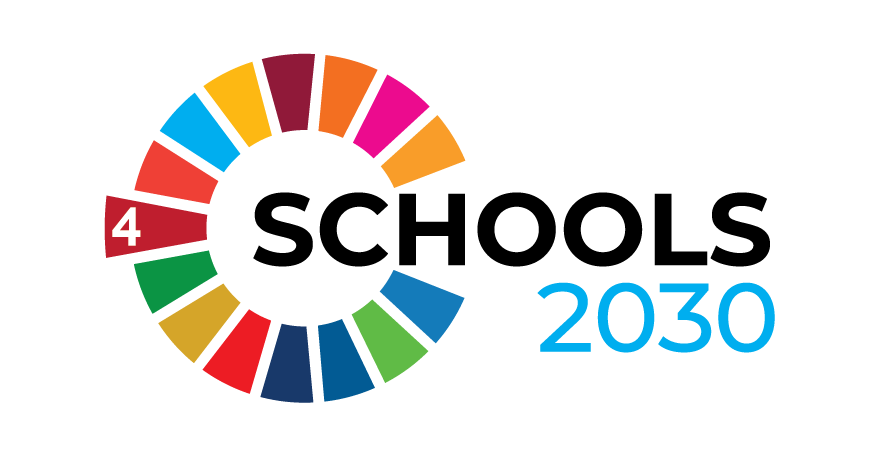Projects that work.
The Aga Khan Foundation and Schools2030
The Aga Khan Foundation (AKF) is a major international development organization focused on reducing poverty and improving quality of life in 18 countries, predominantly in South and Central Asia, sub-Saharan Africa, and the Middle East, with a commitment to community-driven and sustainable solutions. AKF employs approximately 4,000 staff globally; as part of the broader Aga Khan Development Network, there are 96,000 employees worldwide.
AKF’s Schools2030 program is a ten-year, multi-country education initiative catalyzing teacher-led innovations in holistic learning. Schools2030’s mission is to empower teachers and communities to innovate in classrooms and improve learning outcomes, foster holistic learning, and drive evidence-informed policies for the world’s most marginalized students.
How it started
The absence of an integrated, standardised, and accessible data infrastructure limited AKF and partners’ ability to understand and communicate about the program’s impact on teaching and learning and to make informed decisions about program strategy
How it’s going
10
Different Country Contexts
1
Piloted Centralized Data System
1000+
Schools for
Interoperability
10,000
Teachers Supported
Schools2030 is equipped with standardized data process maps and tools that provide clear, replicable guidance, establish roles, and create accountability. They are prepared for procurement and implementation for a centralized data management system, following the successful pilot.
Teachers and teams can quickly see strengths, areas for improvement, and aggregate insights through timely, user-friendly feedback and reporting tools.
How we got there
DARO partnered with AKF’s Schools2030 program to standardize student and teacher assessment data collection, management, and reporting across 10 countries.
This involved discovery, training, and workshops to define user requirements, best practices, and flexible software tools for diverse country contexts and data capacities. Through this work, stakeholders identified a need for a centralized data repository with clear roles, ensuring a replicable system of sustainable local ownership and accountability.
The workshops revealed that an effective data strategy for Schools2030 required a flexible core data structure to accommodate country differences and future needs, based on Schools2030's holistic view of educational data. This approach functioned as a proof of concept for AKF across their wider data/program ecosystem.
“DARO's ethos was always to put local teams in the driver’s seat and to respond to needs and realities on the ground. This has led to significant capacity development of our teams and partners.”
- Bronwen Magrath, Global Programme Manager
DARO developed:
A product and technical plan for the centralized data system
Human processes and organizational structures for the centralized data system’s use, support, and expansion, mapping a broader data strategy beyond assessment data.
The first assessment data prototype was piloted in three countries, and the documented strategic plans provided AKF with necessary information for future decision-making and procurement.


